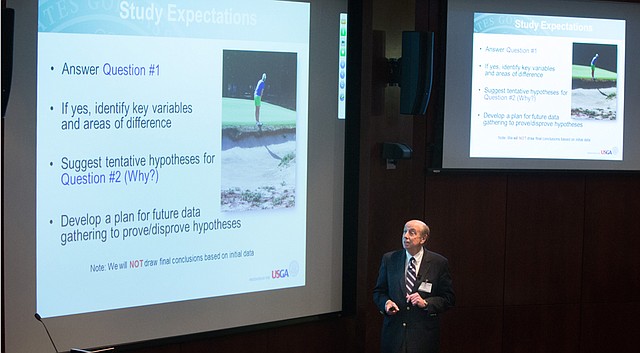Bubba Wins! Now He Must Avoid Parking Lot Fights
/ESPN.com has posted a fun survey of 103 PGA Tour pros, including 21 major winners from 20 different countries, not including Florida.  The result that's getting all of the attention, deservedly so, involves the defending Masters champ Bubba Watson. Let's just say he trounces Patrick Reed and cagey vets Robert Allenby and Rory Sabbatini in the most-likely-to-get-beat-up-without-anyone-coming-to-his-rescue division.
The result that's getting all of the attention, deservedly so, involves the defending Masters champ Bubba Watson. Let's just say he trounces Patrick Reed and cagey vets Robert Allenby and Rory Sabbatini in the most-likely-to-get-beat-up-without-anyone-coming-to-his-rescue division.
ESPN.com surveyed 103 tour pros, 21 of which were major champions, and gathered their thoughts on myriad topics. The players came from 20 different countries and their answers are below.
Other polls of note: top bucket list course (Cypress Point edges Pine Valley, no doubt because one is almost fully restored and one isn't...you know how discerning these pros are.) And big congrats to Kevin Na for winning player-they'd-most-like-to-see-penalized division.
And big congrats to Kevin Na for winning player-they'd-most-like-to-see-penalized division.
You've earned it big guy!















